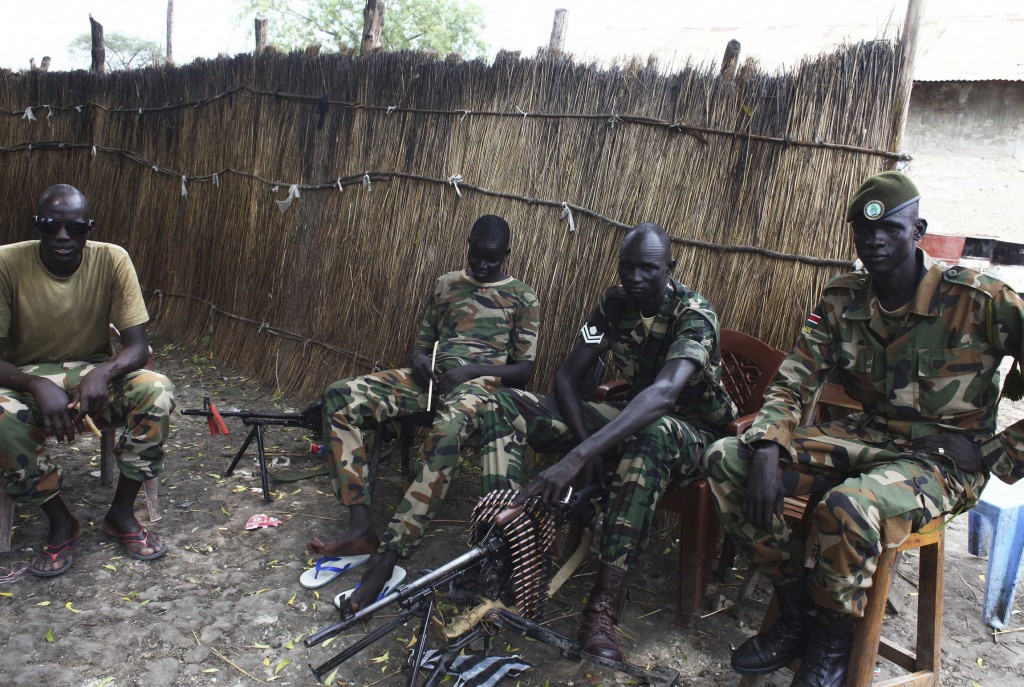
A committee of religious and civic leaders said a South Sudanese rebel leader was being supported by a foreign government in an effort to destabilize the young nation.
The committee also urged rebel leader David Yau Yau to accept the government’s offer of amnesty, because his actions were undoing efforts to keep peace in Jonglei state.
For years, Jonglei has been subject to ongoing tribal conflicts based on, among other things, cattle.
“Disarmament had taken place, but Yau Yau triggered rearmament. He introduced weapons into the area again for his own forces, and some communities then sought weapons to protect themselves,” said the statement, signed by Anglican Archbishop Daniel Deng Bull of Sudan and South Sudan, chairman of the Committee for National Healing, Peace and Reconciliation.
Yau Yau’s fight “is the battle of a single disaffected leader and his supporters against the nation of South Sudan, and it seems clear that he is being supported by a foreign government to destabilize the nation,” the statement said. It did not name the foreign government.
“We are also concerned that some political interests within South Sudan may be manipulating the situation,” it said.
The statement said South Sudanese and U.N. forces had been unable to protect citizens in the area, and human rights abuses had been committed by all parties in the conflict. It also said the “peace dividend” promised in the 2012 Jonglei peace agreement had not materialized — “the government failed to provide roads and other necessary infrastructure” — creating a window of opportunity for Yau Yau, an ethnic Murle who began an insurrection after losing an election for a state assembly seat in 2010.
“We do not wish to accuse nor demonize David Yau Yau,” said the statement.
“He is our brother, our son, our fellow citizen, our parishioner, loved by us. But we wish to advise him that in the newly independent nation of South Sudan, violence is no longer acceptable as a means of solving disputes. We have moved on from the culture of war and we seek a culture of peace. We have moved on from the power of the gun to the rule of law.” – CNS